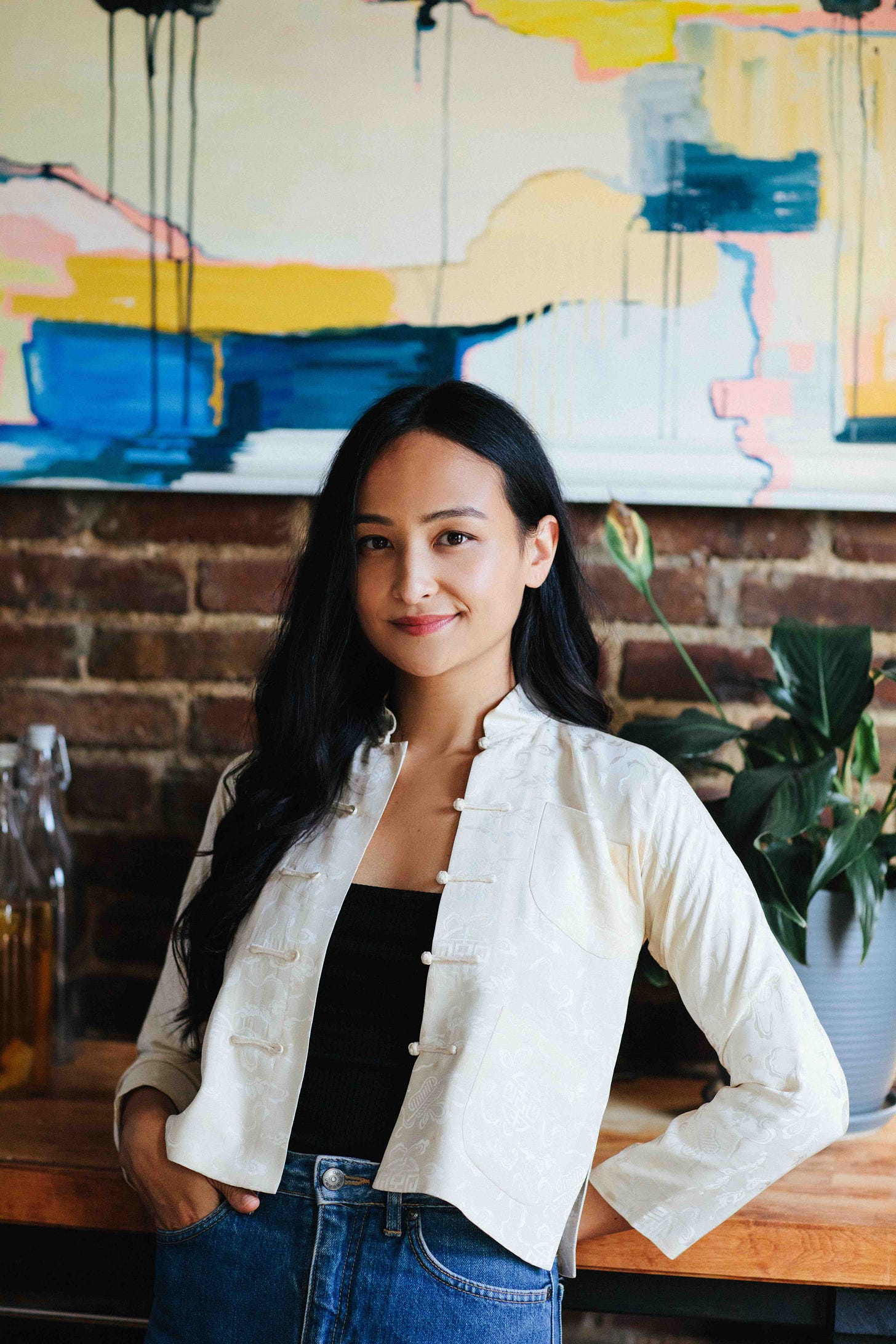Kyle Lucia Wu: “We were stripped of any way to understand mixedness”
The author on existing outside of struggle, being authentically Asian and the mixed voices she loves
Hi, welcome back to Mixed Messages! This week I’m speaking to author Kyle Lucia Wu, whose debut novel Win Me Something explores belonging. Protagonist Willa is a biracial Chinese American, and feels that familiar sense of being too Asian to fit in at her predominantly white school, but too white to connect with the Asian community around her. I was exci…


